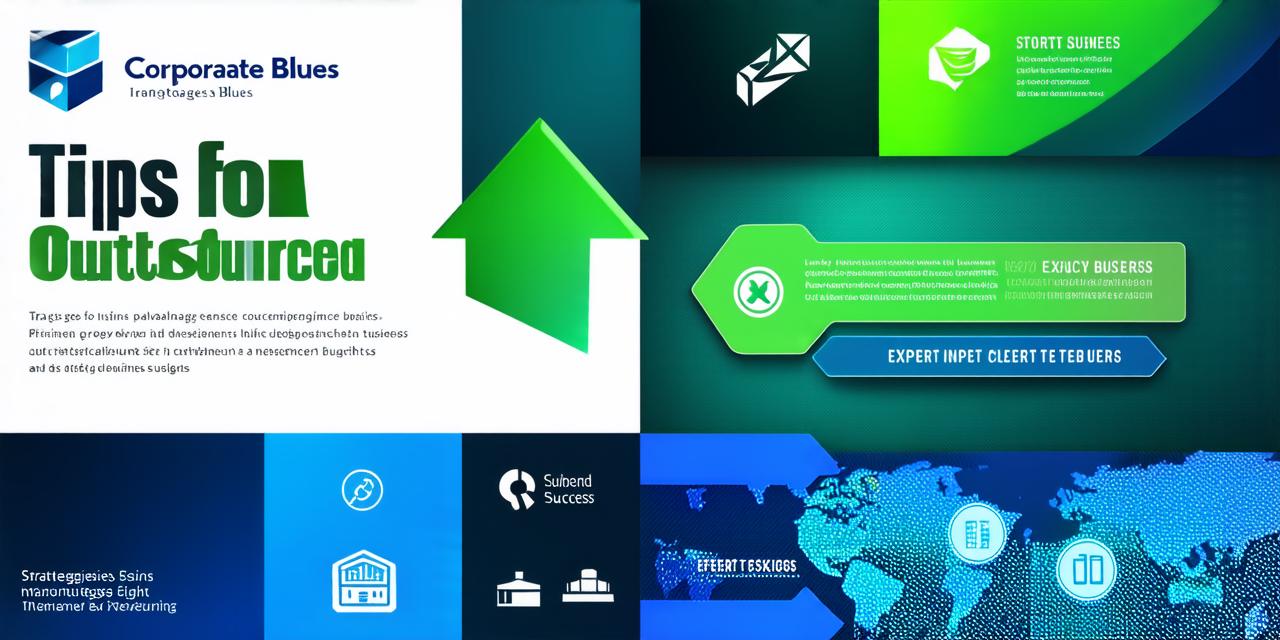Tips for Acquiring Outsourced Business
1. Identify the Right Business to Acquire
The first step in acquiring an outsourced business is identifying the right one. It is important to consider factors such as the size and scope of the business, its financial performance, and its industry. Additionally, it is essential to research the company’s reputation and track record to ensure that it has a good standing with its clients and stakeholders.
2. Conduct Due Diligence
Once you have identified the right business to acquire, the next step is to conduct due diligence. This involves reviewing financial statements, legal documents, contracts, and other relevant information to assess the value of the business. It is also important to evaluate the company’s operations, including its processes, systems, and technology, to determine whether they align with your own.
3. Negotiate the Terms
Once you have completed due diligence, it is time to negotiate the terms of the acquisition. This includes determining the purchase price, payment structure, and any other key components of the deal. It is important to work closely with the seller’s legal and financial advisors to ensure that all parties are on the same page and that the deal is structured in a way that meets both parties’ needs.
4. Integrate the Business into Your Own
After the acquisition is complete, it is time to integrate the outsourced business into your own operations. This involves transferring ownership of the company, updating systems and processes, and integrating its employees and customers into your own organization. It is important to communicate clearly with all stakeholders throughout this process to ensure a smooth transition.
5. Maintain Quality and Customer Service
One of the biggest challenges of acquiring an outsourced business is maintaining quality and customer service. It is important to establish clear standards and procedures for delivering services, and to invest in training and development programs to ensure that employees are equipped with the skills and knowledge they need to meet these standards. Additionally, it is important to maintain open lines of communication with customers to address any concerns or issues that arise.
Case Study: Acquiring a Marketing Agency

Let’s consider an example of acquiring a marketing agency. The agency specializes in social media management, content creation, and search engine optimization (SEO). As a business looking to expand its online presence, you decide to acquire the agency in order to leverage its expertise and resources.
The first step is identifying the right agency to acquire. After conducting research, you select an agency that has a strong reputation and a track record of delivering results for its clients. You then conduct due diligence, reviewing financial statements and legal documents to assess the value of the business. Based on your findings, you negotiate the terms of the acquisition with the seller’s legal and financial advisors.
Once the deal is complete, you integrate the agency into your own operations. This involves transferring ownership, updating systems and processes, and integrating the agency’s employees and customers into your own organization. To maintain quality and customer service, you establish clear standards for delivering services and invest in training and development programs to ensure that the agency’s staff is equipped with the skills and knowledge they need to meet these standards. You also maintain open lines of communication with the agency’s clients to address any concerns or issues that arise.
Conclusion
Acquiring an outsourced business can be a complex process that requires careful planning and execution. However, by following these tips and strategies, businesses can successfully acquire outsourced businesses that align with their needs and objectives.
